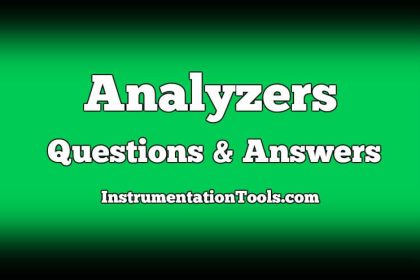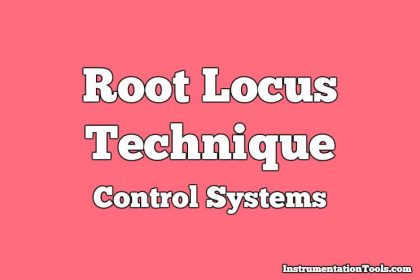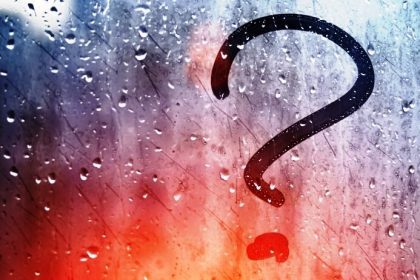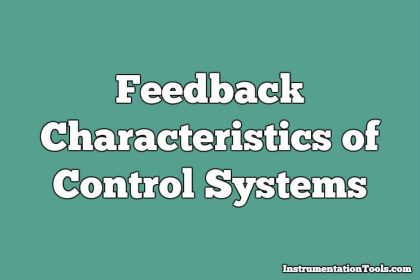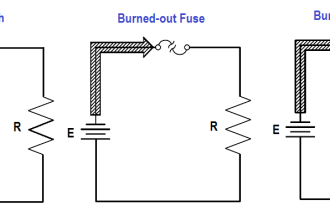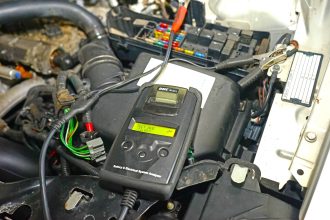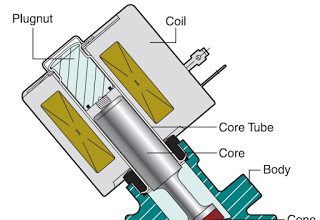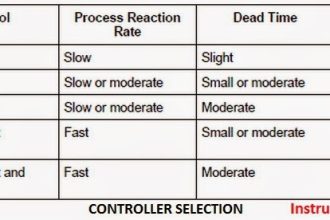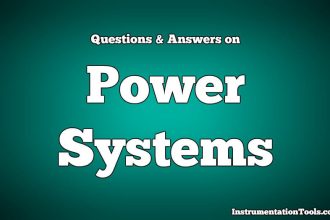Liapunov’s Stability Criterion – Part II
1. The systems with equation such as dx/dt =F (x) are called:
a) Stable systems
b) Control systems
c) Autonomous systems
d) Unstable control system
Answer: c
Explanation: Autonomous systems are represented by the differential equations as stated above and these systems are tested by liapunov’s stability criteria.
2. The points at which derivatives of all the state variables are zero are:
a) Singular points
b) Nonsingular points
c) Poles
d) Zeros
Answer: a
Explanation: Singular points are the points that are calculated by equating the denominator equal to zero and at which the derivatives of all the state variables are zero.
3. The system if kept in the singular points will continue to lie on these points undisturbed.
a) True
b) False
Answer: a
Explanation: The derivative of all the phase variables being zero, the system shall remain unchanged and the system if lying on these points will continue to lie on these points undisturbed.
4. A system is stable with zero input if:
a) The resulting trajectory tends towards the equilibrium state.
b) If for the bounded input output is also bounded
c) It is a free system
d) It is forced system
Answer: a
Explanation: A system with zero input is the system in which the input is zero and initial states are taken as the input and a free system but it is stable only if the resulting trajectory tends toward the equilibrium state.
5. A Forced system is stable if:
a) The resulting trajectory tends towards the equilibrium state.
b) If for the bounded input output is also bounded
c) It is a free system
d) It is forced system
Answer: b
Explanation: For forced system input is given externally and response has two terms due to the initial states and input given and it is stable if output is bounded for bounded input.
6. In non-linear systems forced and free responses are:
a) Related
b) Not related
c) Contemporary
d) None of the mentioned
Answer: a
Explanation: Forced response is due to the external input and free response is due to the initial state and total response is sum of both the responses and in non-linear systems both are related.
7. The linear autonomous systems:
a) Have one equilibrium state
b) Their behavior determines the qualitative behavior of the s-plane
c) System behavior for small deviations about the equilibrium point may be different from the large deviation
d) Both a and b
Answer: d
Explanation: The linear autonomous systems having the differential terms with the linear relationship and have one equilibrium state and their behavior determines the qualitative behavior of the s-plane.
8. The non-linear system
a) Have one equilibrium state
b) Their behavior determines the qualitative behavior of the s-plane
c) System behavior for small deviations about the equilibrium point may be different from the large deviation
d) Both a and b
Answer: c
Explanation: For the non-linear system where the input parameters or external input is having non-linear relationship with the output and behavior for small deviations about the equilibrium point may be different from the large deviation.
9. The system is stable at origin if for every initial state which is sufficiently close to the origin remains near the origin for all t then the system is :
a) Asymptotically stable
b) Asymptotically stable in the large
c) Stable
d) Unstable
Answer: c
Explanation: By definition, the system is stable at origin if for every initial state which is sufficiently close to the origin remains near the origin for all t then the system is stable.
10. If x (t) approaches near the origin as t tends to infinity then the system is :
a) Asymptotically stable
b) Asymptotically stable in the large
c) Stable
d) Unstable
Answer: a
Explanation: By definition, if x (t) approaches near the origin as t tend to the infinity then the system is asymptotically stable.

